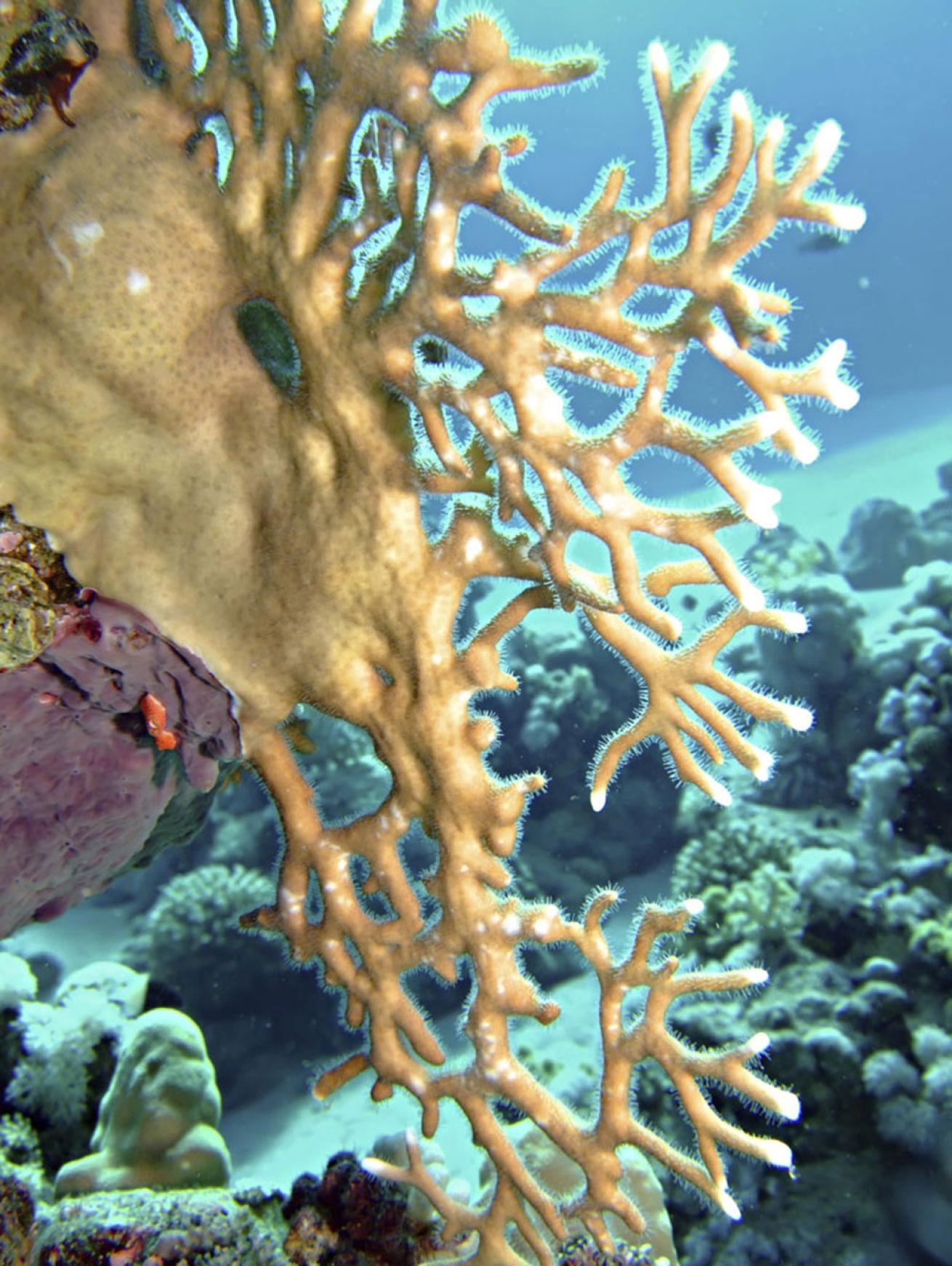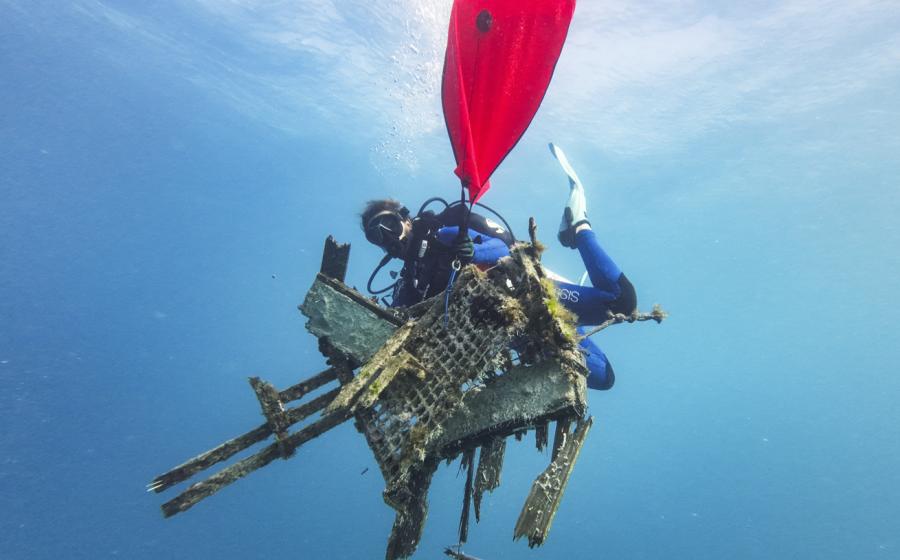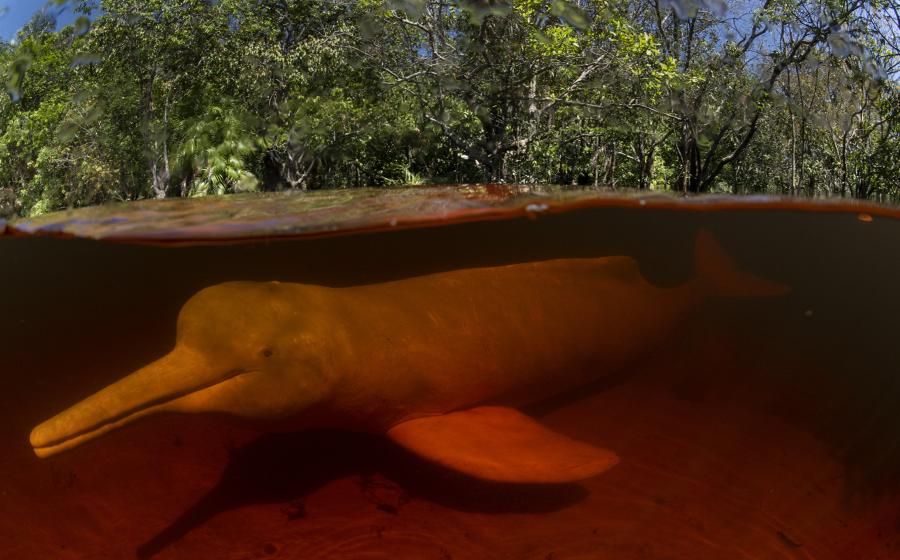Diving Doc: Caring For Dive-Related Skin Wounds

No matter how carefully you may dive in saltwater, if you do it long and often enough, you'll likely have an eventual run in with a coral (or hydroid, sponge or similar cnidarian) that can inflict a painful envenomation. Sometimes these wounds can be long lasting, as in three to four weeks or more, before significantly improving. Sometimes, wounds may seem to be healing, or are almost cured, only to later return.
This led one diver to ask me, "Can coral polyps grow in my skin?" The short answer: No, it is not physiologically possible for coral, hydroid or sponge cells to live on or within the human body.
In general, cnidarians need a number of conditions to grow and survive. These include constant bathing in water within a range of salinity and pH. They need an adequate supply of algae, zooplankton and dissolved nutrients. Some require host bacteria (zooxanthellae) to assist in nourishment and calcium carbonate saturation to allow for the formation of their colonial body structure. Many also need sunlight. This constellation of requirements is extremely unlikely to exist on or within the human body to allow for polyp growth.
However, it is possible for fragments of coral to become lodged beneath the dermis and for the body to mount a prolonged allergic reaction to them with subsequent sloughing of affected skin. In some cases, debridement or even surgical removal is required to resolve the reaction. It is also possible for coral scrapes and punctures to become infected, a situation that also requires treatment. This needs to be carefully monitored.
An individual with a diving-related skin wound that does not appear to be resolving, or is getting worse, should consult a dermatologist. An X-ray may be useful in imaging coral fragments large enough to require removal, and topical or systemic antibiotics may be useful in resolving infection.






